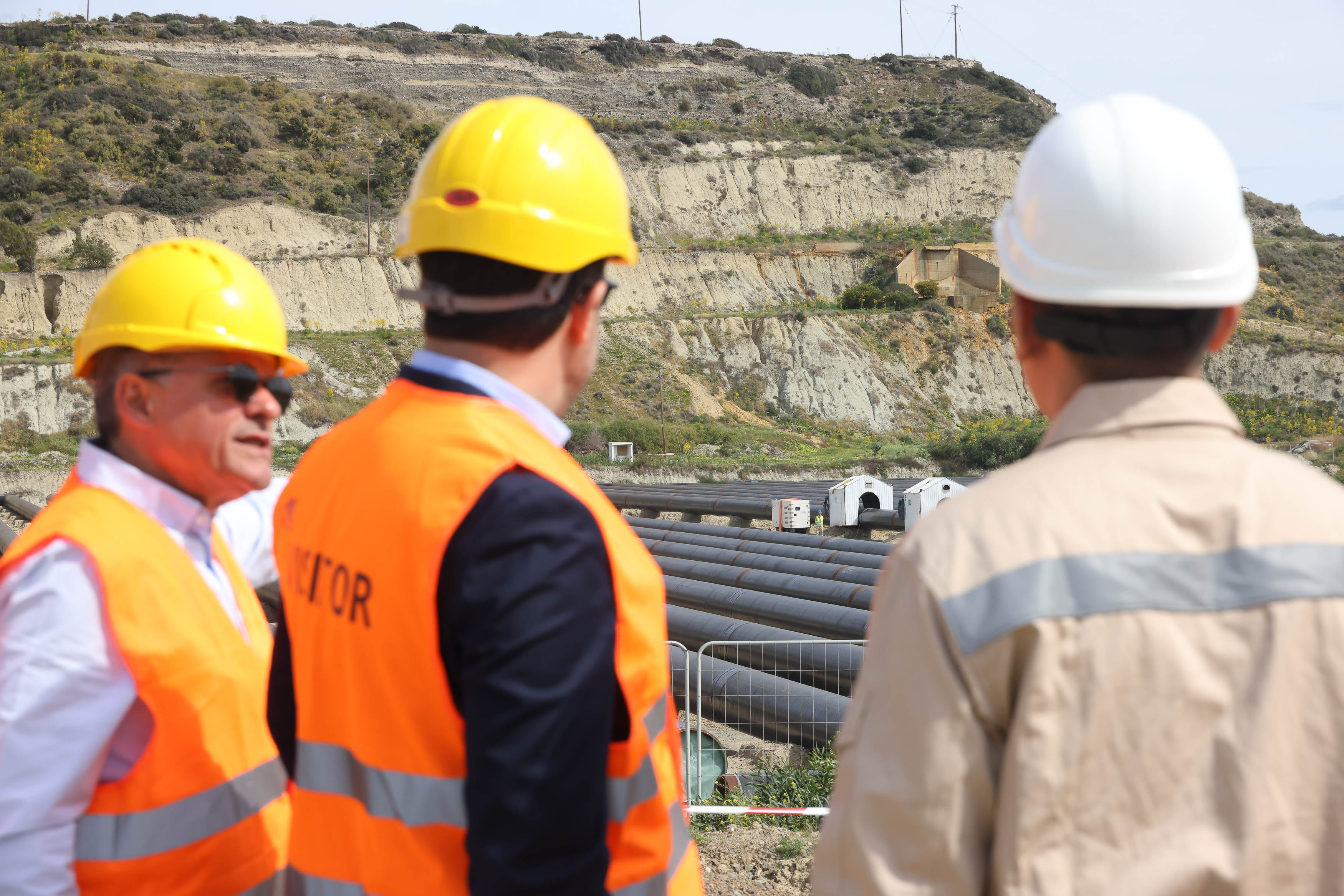If there is one issue that encapsulates the inadequacy of politicians, the failure of state services to draft medium- and long-term plans for the benefit of the country and the inordinate power and influence of interest groups, it is energy. Energy policy – if we can call it that – since the start of this century, has been a colossal failure to which all governments have made a significant contribution.
Plans to import natural gas for the Electricity Authority’s power stations were first mooted by the Clerides government in 2001. Twenty-three years later, and despite having found natural gas deposits in the Cypriot EEZ, the Republic has still not managed to import a cubic foot of gas for our energy needs. The latest failure, set up by the Anastasiades government in 2019, against all advice, could cost the country several hundred million euro and the EAC’s power generators would still be using mazut and incurring huge carbon emission penalties that are paid by households and businesses.
In these 23 years, there have been countless aborted plans, because they were deemed unviable, or because EAC unions wanted to preserve the authority’s monopoly, or because no politician wanted to take responsibility or because we found our own deposits. We have set up the Public Company for Natural Gas (Defa) to have the natural gas monopoly, because EAC unions and politicians did not want private firms to import gas and have been paying staff for years to do absolutely nothing. If the job of importing gas had been given to a private company instead of a state entity we would probably have had imported gas years ago.
The Anastasiades government announced many grandiose energy plans, but it was crude political theatre. It trumpeted its trilateral agreements which would pave the way for energy cooperation with Israel and with Egypt. It even marketed the EastMed pipeline that would allegedly take natural gas from Cyprus and Israel’s gas fields to Greece. We were unable to bring gas to the island, but we would be able to take it all the way to Greece via Crete! Inevitably, it was the Anastasiades government, which traded in this crude, hollow rhetoric, that awarded the Vasiliko gas terminal contract without competitive tenders to the CMC consortium, which had never set up such a terminal.
What does the government do now? Energy Minister George Papanastasiou said earlier this week that the government will invite tenders for the completion of the jetty, which is almost half done, and for a floating storage regasification unit (Fsru), because the one paid for by the Republic, at an extortionate price, is in Shanghai and will be kept there until the dispute with CMC is resolved. The arbitration procedure could require at least two years, but so could a tenders’ procedure for completion of the project.
Do we have the luxury to wait another two years for the import of natural gas which was meant to have been here in 2022, carrying on paying €300 to 400 million a year in carbon penalties? There are much quicker alternatives. Norwegian company Hoegh had in the past offered to rent one of its Fsru to Cyprus, which could be put into service within six months. Greek company Energean had offered to bring gas via pipeline from gas fields in Israel’s EEZ. Both were better solutions in 2019 when the contract was signed with CMC and they seem much better solutions today because we would be dealing with companies that have the requisite know-how and can act promptly.
It has been said that we could step up the use of renewable energy sources to reduce carbon emissions, but this brings us to another illustration of the incompetent handling of energy policy. The cost of electricity produced by RES is almost as high as that of the power stations, said energy analyst Charles Ellinas, because the government has a fixed, premium rate it pays wind farms and photovoltaic parks which, in effect, is licence to print money. Other countries invite tenders from RES suppliers and buy electricity from the bidder offering the lowest price instead of guaranteeing big returns to whoever wants to supply energy from RES.
Papanastasiou has inherited this sprawling, costly mess and is now called on to clean it up, limit the financial losses and come up with the fastest and most competitive way of importing natural gas. It is a huge task, but he will have the country’s backing, because everyone realises that the economy cannot afford another energy fiasco.







Click here to change your cookie preferences